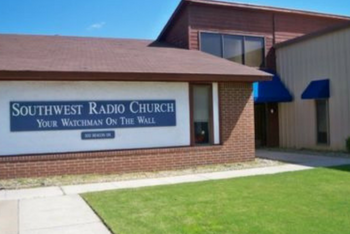
A lot has changed since the electric clock was invented in the 1840s. We now keep time on smart watches, smart phones and laptops. The entire pace of life seems faster—with even our “leisurely” walking speeding up. This is especially true in cities and can have a negative effect on health, scholars say. “We’re just moving faster and faster and getting back to people as quickly as we can,” Professor Richard Wiseman observed. “That’s driving us to think everything has to happen now.”
Moses, the writer of one of the oldest of the Bible’s psalms, reflected on time. He reminds us that God controls life’s pace. “A thousand years in your sight are like a day that has just gone by, or like a watch in the night,” he wrote (Psalm 90:4).
The secret to time management, therefore, isn’t to go faster or slower. It’s to abide in God, spending more time with Him. Then we get in step with each other, but first with Him—the One who formed us (139:13) and knows our purpose and plans (v. 16).
Our time on earth won’t last forever. Yet we can manage our time wisely, not by watching the clock, but by giving each day to God. As Moses said, “Teach us to number our days, that we may gain a heart of wisdom” (90:12). Then with God, we’ll always be on time, now and forever.
Source: Our Daily Breat

 Your Watchmen on the Wall
Your Watchmen on the Wall  Dr. James Dobson’s Family Talk
Dr. James Dobson’s Family Talk